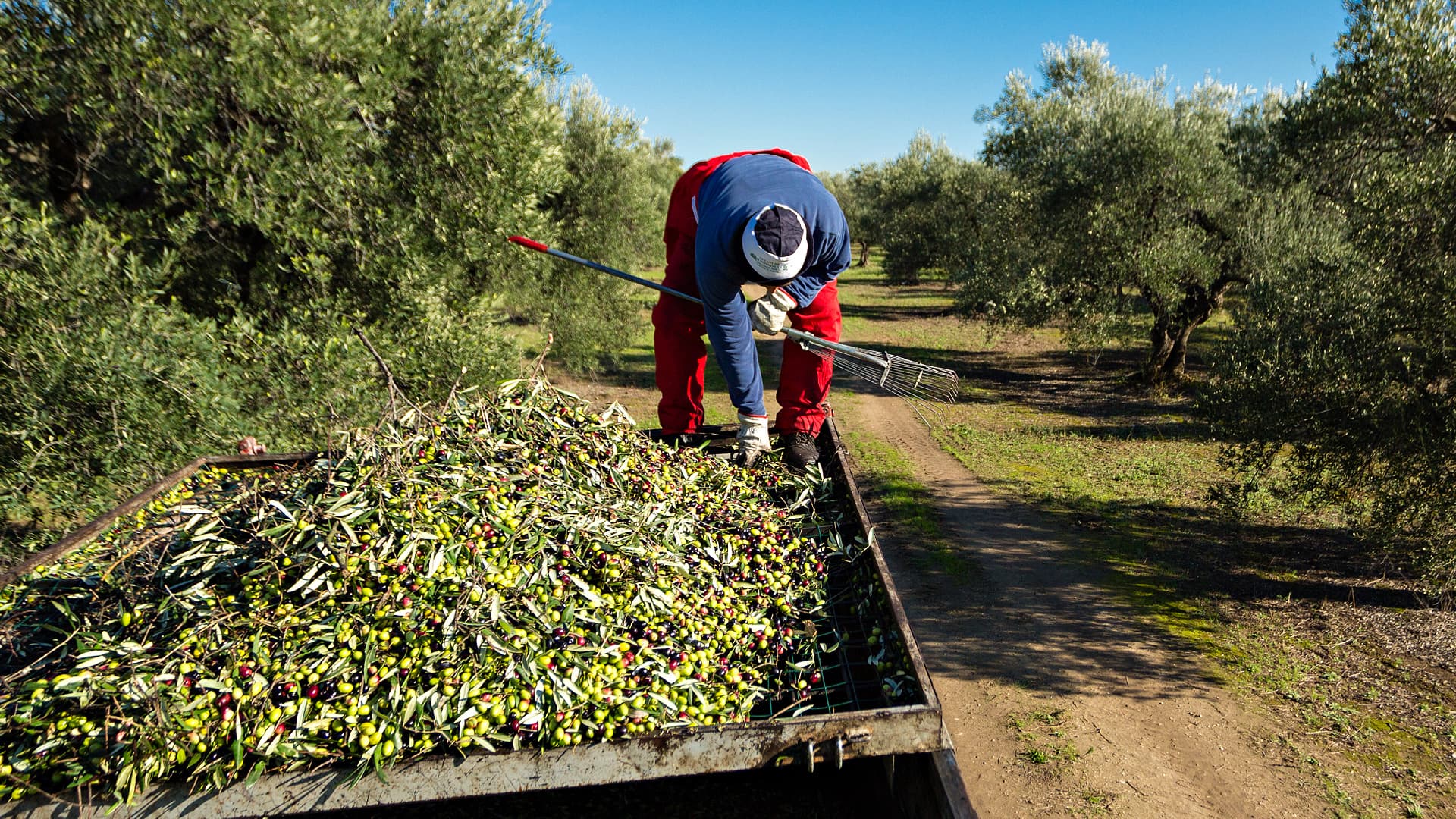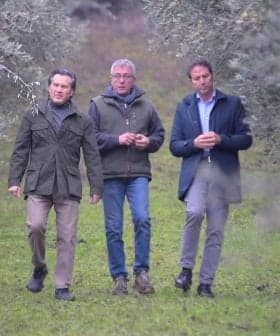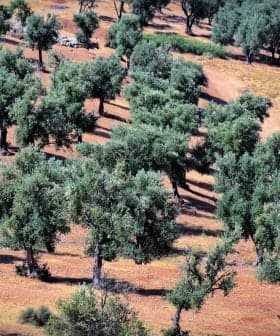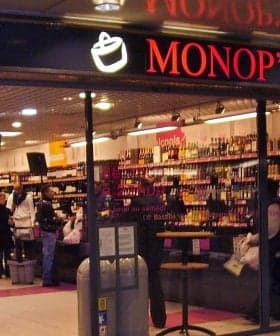Italy to Invest €3 Billion in Olive Oil Sector in Bid to Boost Production and Quality

Italy is set to receive significant funds for its olive sector, totaling around €3,000 per hectare, from various sources including the European Union’s National Recovery and Resilience Plan. The funds aim to boost Italian olive oil production and quality, which has seen a decline in yields over the past decade, with a focus on upgrading mills and infrastructure in the sector.
Significant funds will reach the Italian olive sector in the next few years from different sources, equaling about €3,000 for each of the one million hectares devoted to olive growing in the country.
Those funds will come from the National Recovery and Resilience Plan (RRP) approved by the European Union, the new Common Agricultural Policy (CAP) and the new Common Market Organization (CMO).
We need a scrap-and-reconstruct measure to allow a reorganization of the olive oil milling sector which today needs and must use the best technologies available.
The new funds are intended to increase the volumes and the quality of Italian olive oil production, which has seen its average yields significantly drop over time.
According to International Olive Council data, Italy has seen its olive oil yields have fallen by 15 to 20 percent in the last decade compared to the previous one, with figures worsening during the last three to four years.
See Also:Production Costs Set for Steep Rise in ItalyFurthermore, alternate bearing years show an even more pronounced average drop compared to previous decades.
According to the leading associations of olive farmers, olive oil producers and millers, the sector desperately needs the CAP funds.
However, they argue that the Russian invasion of Ukraine has fundamentally changed the outlook of the agriculture sector and should be taken into account by the pan-European agricultural plan before it comes into force in 2023.
“We need a different approach because geopolitical conditions have changed,” said Giuliano Martino, director of the Italian Olive Inter-professional Organization. “Policies approved only a few weeks ago need to be redefined.”
“We do not have to abandon our quest for quality, but we need a better coordination among players in the production chain to face the challenges of a new globalization,” he added.
Nicola Di Nola, director of Unaprol, the Italian association of olive oil producers, said, “we need a step forward in olive oil culture,” creating new olive oil production chain experts.
Such a culture would boost “consumer consciousness on extra virgin olive oil use, which can affect large supermarket retailers and lead them to give the correct dignity to this product, getting rid of the under-cost cheap offers,” he added.
The recent €30 million investment in the modernization and recovery of olive groves approved by Rome has been greeted by the industry.
Still, Bruno Armillas, a fellow Unaprol director, said it “is a drop in the ocean, which uplifts the potential yield by about 10,000 tons, but we would need that to be repeated over time to let it have a true impact on the sector.”
“Let us just point out that Spain has invested 10 times more and now has a 1.5 million tons production,” he added.
The main focus of the government’s renewed focus on improving olive oil yields is the country’s mills, which were granted €100 million to upgrade their infrastructure and equipment. Still, the olive oil millers association, AIFO, said a new approach is needed.
“We do not want nor have to follow the Spanish model, but our 5,000 olive oil millers are not competitive anymore,” said Stefano Caroli, AIFO president. “We need a scrap-and-reconstruct measure to allow a reorganization of the olive oil milling sector which today needs and must use the best technologies available.”
“That is why we ask for the funds not to be directed to creating small company-wide plants but used to fund more structural renovations, with a large impact on the whole product chain,” he added.
Luigi Caricato, an Italian olive oil expert and organizer of olive-related conventions, told IlSole24Ore how Italy “always had ups and downs, with seasons which had been sometimes very negative, but there are the conditions for a strong recovery on the medium and long term.”
Caricato added how olive oil consumption is expanding throughout the world, well beyond the borders of Southern Europe or North Africa.
“We are now talking of an inter-ethnic food which has crossed every border; it has penetrated China, Japan and India,” he said. “If the Italian consumer is always focusing on price, olive oil is perceived as a valuable product that can justify a higher price abroad.”
According to the International Olive Council, global olive oil consumption has slowly but steadily increased, rising from the 3.061 million tons in the 2010/11 crop year to the 3.214 million tons estimated in 2021/22.









